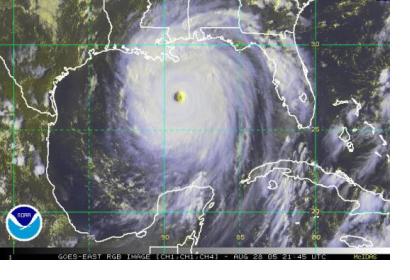United
Nations
Office for Outer Space Affairs
UN-SPIDER Knowledge Portal
The foundation of the Gulf of Mexico Coastal Ocean Observing System (GCOOS) has provided new tools helping to predict storms and enhance ship navigation. Texas, Louisiana, Mississippi, Alabama and Florida will be covered with more accurate information thanks to the GPS Continually Operating Reference Systems (CORS) and Physical Oceanographic Real-Time System (PORTS®) tools that are being implemented through local, state and federal partnerships.
The new CORS provide location data at centimeter-level accuracy, which allows improving the accuracy of coastal mapping, surveying and restoration and flood protection as well as developing better coastal models for hurricanes and flooding.
"This system will help local and regional leaders plan for improved resilience to any impacts of sea level rise or subsidence and coastal storm surge flooding. The project will assist development of long-term strategies to address coastal change impacts along the northern Gulf of Mexico," said Dr. Gary Jeffress, director of the Conrad Blucher Institute for Surveying and Science, part of the Gulf Coast Spatial Reference Consortium, which has contributed to the project.
